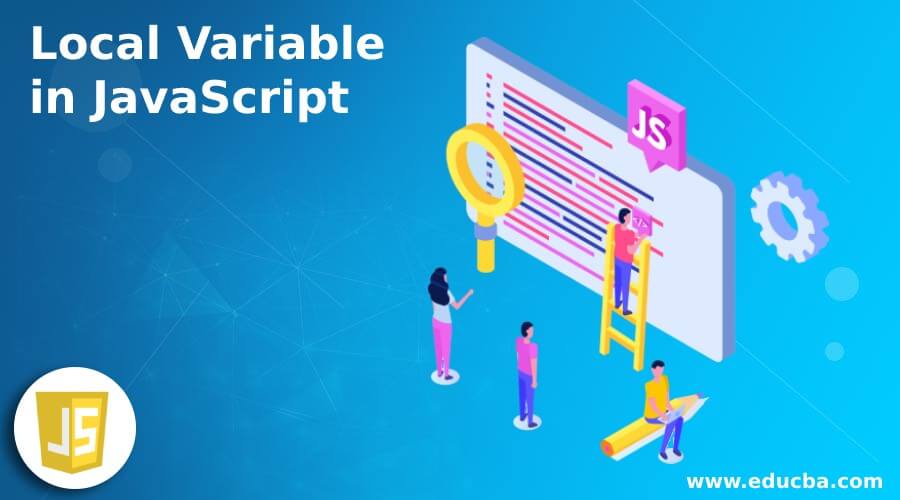
In JavaScript, local variables are variables that are declared within a function or block of code. These variables have local scope, meaning they are only accessible within the function or block where they are declared. Local variables are created when the function or block is entered and destroyed when the function or block exits.
Here's an example of local variables within a function:
function exampleFunction() {
// This is a local variable
let localVar = "I am a local variable.";
// You can use localVar within this function
console.log(localVar);
}
// Attempting to access localVar here would result in an error
// because it is not defined outside the function scope.
exampleFunction(); // Outputs: "I am a local variable."In this example, localVar is a local variable within the exampleFunction. It is only accessible within the function, and attempting to access it outside the function would result in an error.
Local variables are useful for encapsulating data within a specific context, preventing unintended interference with variables of the same name in other parts of your code. They also play a crucial role in function scope and help manage the lifetime of variables.
It's important to note that JavaScript uses function-level scope, so each function creates its own scope. However, with the introduction of the let and const keywords in ECMAScript 6 (ES6), you can also use block-level scoping with variables declared using these keywords within curly braces {}. This allows for more fine-grained control over variable scope.
function exampleFunction() {
if (true) {
// This is a block-scoped variable
let blockVar = "I am a block-scoped variable.";
console.log(blockVar);
}
// Attempting to access blockVar here would result in an error
}
// blockVar is not accessible here
Thank you.